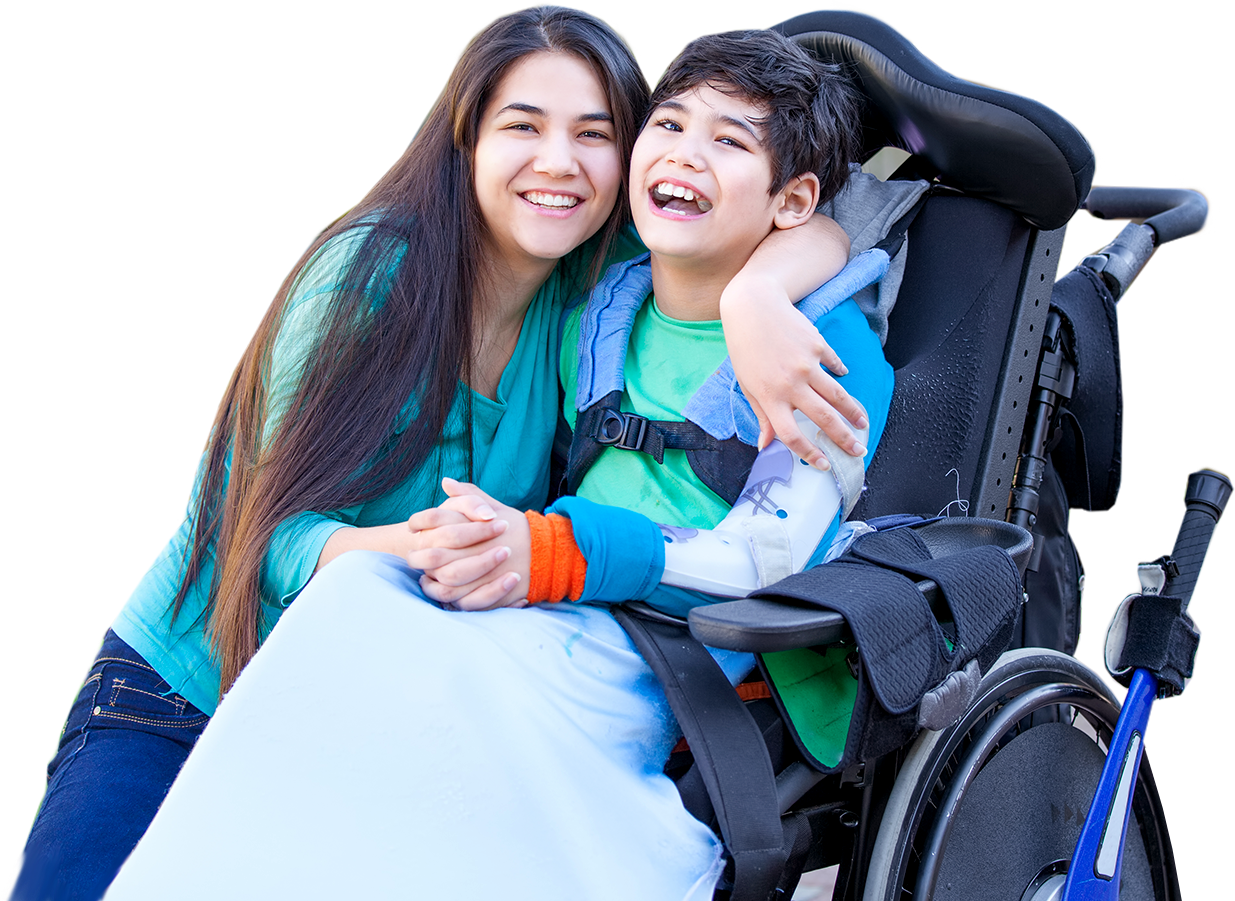Causes of Cerebral Palsy
facts about what causes CP

- Alternative
- Assistive Technology
- Associated Conditions
- Birth Injury
- Causes of Cerebral Palsy
- Cerebral Palsy Diagnosis
- Cerebral Palsy Information
- Cerebral Palsy Therapies
- Cerebral Palsy Treatments
- Child Development
- Doctor Visits
- Education
- Equipment
- Featured
- Legal Help
- Medical Research
- News
- Patient Care
- Prenatal Care and Childbirth
- Stories
- Tips for Parents
- Types of Cerebral Palsy
- Updates
Posts in 'Causes of Cerebral Palsy'
Dyskinesia and Cerebral Palsy
Dyskinesia by definition is a movement disorder. Involuntary (not within a person’s control) muscle contractions create uncontrollable bodily movements. These involuntary movements are often triggered when trying to perform everyday tasks, such as reaching for a glass of water. There are three general categories of dyskinetic movement disorders: Dystonia presents as twisting and repetitive type... Read More
Alcohol and Drug Use During Pregnancy
Cerebral palsy is the result of abnormal brain development or damage to the brain of a fetus or young baby. There are a number of factors that can lead to the development of cerebral palsy, with many of them related to prolonged labor, high-risk mothers, and medical negligence. In some cases, it is impossible to... Read More
Are You Born With Cerebral Palsy?
Cerebral palsy is one of the most common movement-related disorders seen in children across the globe. This disorder is often characterized by a lack of muscle tone, poor coordination and balance, the development of learning disabilities and difficulty walking. According to the Cerebral Palsy Alliance Research Foundation, as many as 0.3% of babies born in... Read More
Can Cerebral Palsy Be Caused by a Head Injury?
There are many different factors that can cause cerebral palsy in babies. In certain cases, cerebral palsy in infants may be the result of a traumatic brain injury that causes irreparable damage to a baby’s undeveloped brain. Traumatic brain damage that occurs during the labor and delivery process is considered a severe medical issue. Read... Read More
How to Prevent Cerebral Palsy During Pregnancy
There are three types of cerebral palsy: congenital, acquired, and genetic predisposition. Congenital cerebral palsy, a type of CP that occurs when the brain doesn’t develop as it should before or during birth, can sometimes be prevented during pregnancy. If you have concerns about cerebral palsy, how to prevent it is likely at the top... Read More
What Causes Cerebral Palsy During Pregnancy?
Cerebral palsy is a type of disorder that affects body movement, muscle tone and motor skills. In many cases, people with this condition have difficulty performing basic tasks such as walking, speaking and swallowing. Cerebral palsy can occur before, during or after birth. In about 70% of cerebral palsy cases, however, this condition results from... Read More
Can a Stroke Cause Cerebral Palsy?
A stroke is often associated with older adults, but in some cases, a child or even an unborn fetus can suffer a stroke. A child who suffers a stroke has a significant chance of developing cerebral palsy. Learn more about the signs of a stroke and how it can be treated. What Is a Stroke?... Read More
Hydrocephalus as it Relates to Cerebral Palsy
By Lee Vander Loop CP Family Network Editor Hydrocephalus is a Latin word meaning “water on the brain.” About 75% of children with hydrocephalus will have some form of motor disability. This can be in the form of cerebral palsy. The best analogy I can think of to describe the relation between cerebral palsy and... Read More
Placental Abruption
By Stacey Bucklin CP Family Network Editor View similar stories. Placental abruption is the separation, either partially or completely, of the placenta from the uterine wall before delivery. Although this condition is relatively rare, occurring in 1 out of every 100 pregnancies, the premature detachment of the placenta can have serious health consequences for a... Read More
Pitocin and Its Ties to Cerebral Palsy
By Stacey Bucklin CP Family Network Editor View similar stories. Pitocin is the synthetic version of a naturally occurring hormone called oxytocin that is produced by a woman’s body during labor and delivery. It is used to induce labor or to speed up (augment) natural labor. It may also be administered to help a mother... Read More
